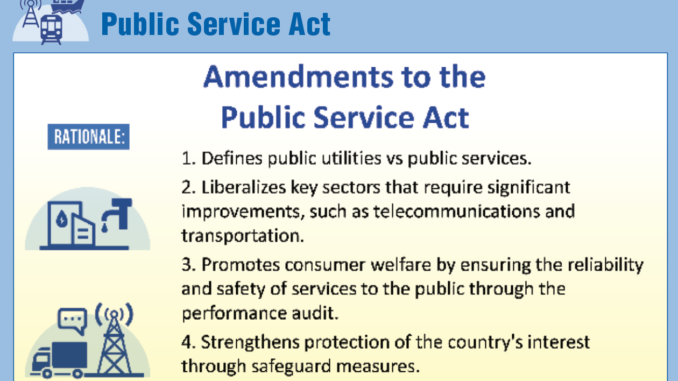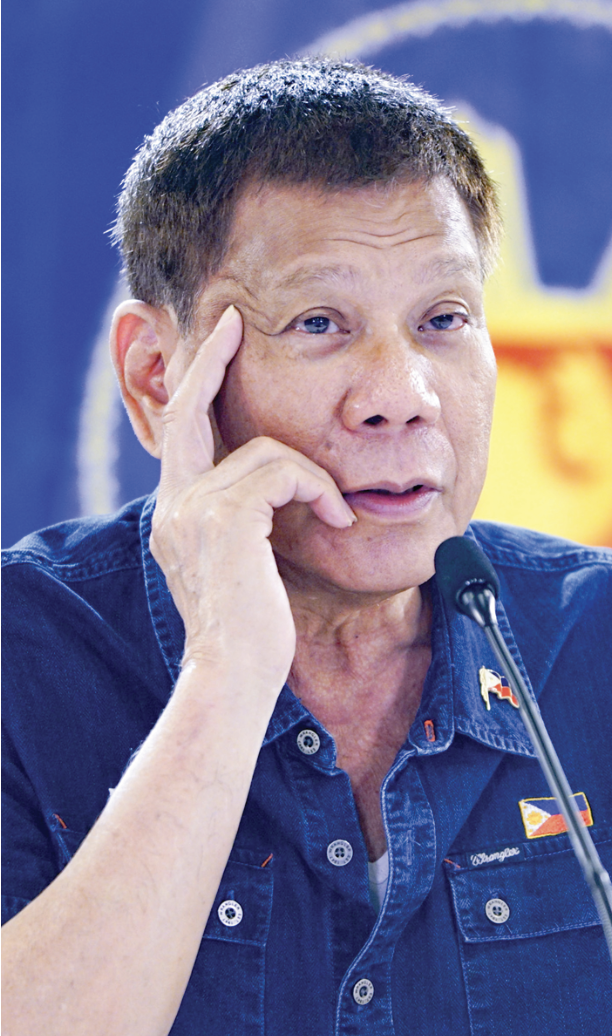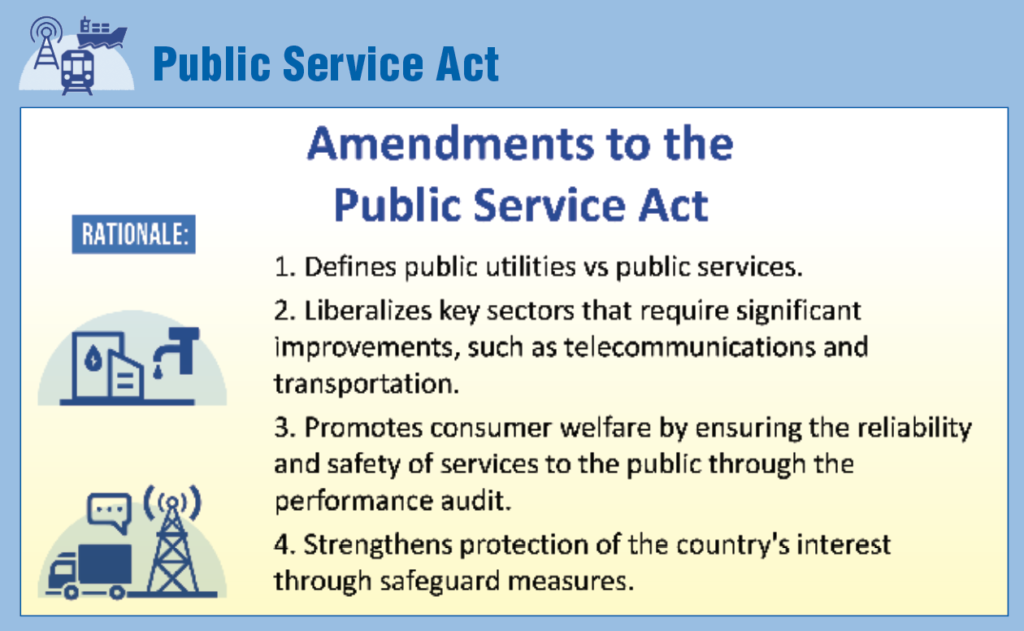
By KARL KENDRICK T. CHUA
Socioeconomic Planning Secretary
Key messages

1. The Philippines is the most restrictive in foreign investments in the region, and the third most restrictive in the world according (OECD 2020 We can also do better in logistics and telecommunications indicators.
2. The passage of the three economic liberalization bills will be crucial to the country’s recovery as easing foreign ownership restrictions will attract more investments, generate employment, introduce innovation, lower prices, and improve quality of goods and services.
3. Foreign investments react favorably to a more liberalized regime, similar to the experience of Vietnam and, most recently, Indonesia.
4. The three bills will complement and maximize the benefits of the CREATE Law by attracting more investments and providing them targeted incentives.


The urgent passage of the three landmark economic liberalization bills into law will be crucial in accelerating growth in 2022 and beyond, the National Economic and Development Authority (NEDA) said.
In his presentation during the #AskNEDA Media Briefing recently, Socioeconomic Planning Secretary Karl Kendrick T. Chua discussed how these reforms, namely the Amendments to the Retail Trade Liberalization Act, Foreign Investments Act, and the Public Service Act, will help attract more investments, generate employment, introduce innovation, lower prices, and improve the quality of goods and services.
“Foreign investments react favorably to a more liberalized regime. This has been the experience of Vietnam and, most recently, Indonesia. We are looking forward to doing the same so that we can become more competitive and provide Filipino consumers a variety of options at affordable prices,” Chua said.
The NEDA chief said that the Philippines is currently the most restrictive in foreign investments in the region, and the third most restrictive in the world according to the Organization for Economic Cooperation and Development in 2020. This has led to the country lagging behind in terms of logistics and internet performance.
“Recently, Indonesia, Singapore, Vietnam, and Thailand have opened up their road transport, airlines, and telecommunications sectors. Technology is advancing very fast, so we need to attract more investments and innovation in these sectors so we will not be left behind,” Chua said.
Chua cited how Republic Act No. 8762, which opened up the retail sector, led to the entry of international brands like Ikea, Uniqlo, and Muji. The enactment of the Amendments to the Retail Trade Liberalization Act last December 10 will further simplify and lower barriers to entry in the retail sector and give Filipino consumers an even wider array of options.
Likewise, the urgent passage of the remaining two economic liberalization bills will attract more investments in sectors that still need significant improvement.
On Dec. 7, 2021, the Senate and House of Representatives (HOR) ratified the final bicameral report on the proposed Amendments to the Foreign Investments Act. This will spur more innovation by relaxing conditions on paid up capital for firms with sufficient Filipino employment or enterprises that involve advanced technology or have a start-up status. The enrolled copy is pending transmittal to the Office of the President.
Meanwhile, the amendments to the Public Service Act, which seek to open key sectors such as transport and telecommunications, were deliberated in the Bicameral Conference Committee last week. The NEDA chief also urged Congress to approve the measure before adjournment.
All three pieces of legislation complement the Corporate Recovery and Tax Incentives for Enterprises (CREATE) Act, which brings the Philippines’ corporate income tax rate closer to its ASEAN peers and modernizes the country’s fiscal incentives system.

“The passage of these reforms will also create more and better employment opportunities. According to the World Bank, relaxing foreign equity restrictions in the transport and telecommunications sectors can result in an increase in employment of 2.8% in the transport sector and 1.8% in the telecommunications sector.
Higher manufacturing employment
It could also increase employment by a range of 1.8 to 6.2% for various manufacturing sub-sectors through spillover effects, based on the same study,” Chua said.
NEDA Undersecretary for Policy and Planning Rosemarie G. Edillon presented updates on the National Action Plan against COVID-19 Phase IV (NAP4) and the NAP4 scorecard, which guides the government’s policies in pandemic management and the safe reopening of the economy. “The scorecard covers infection management, vaccine rollout, and socioeconomic recovery. Our overall strategic goal is managing COVID-19 towards a healthier and resilient Philippines,” said Edillon.
READ FULL ARTICLE HERE:
